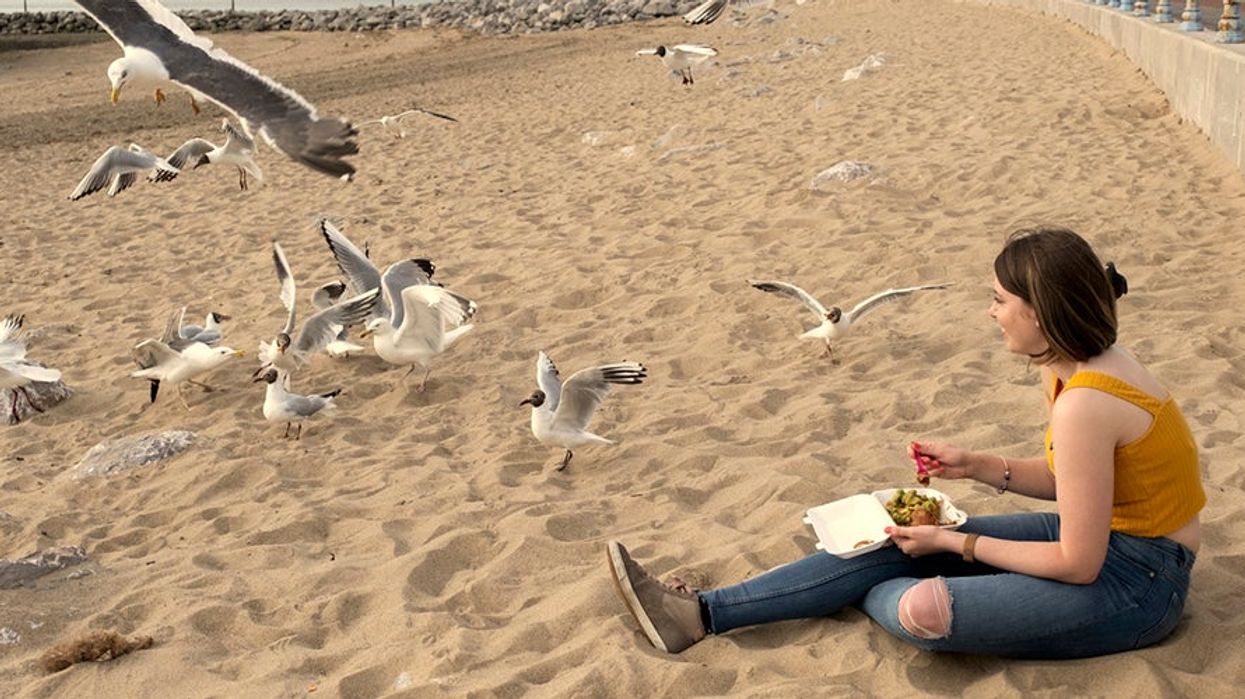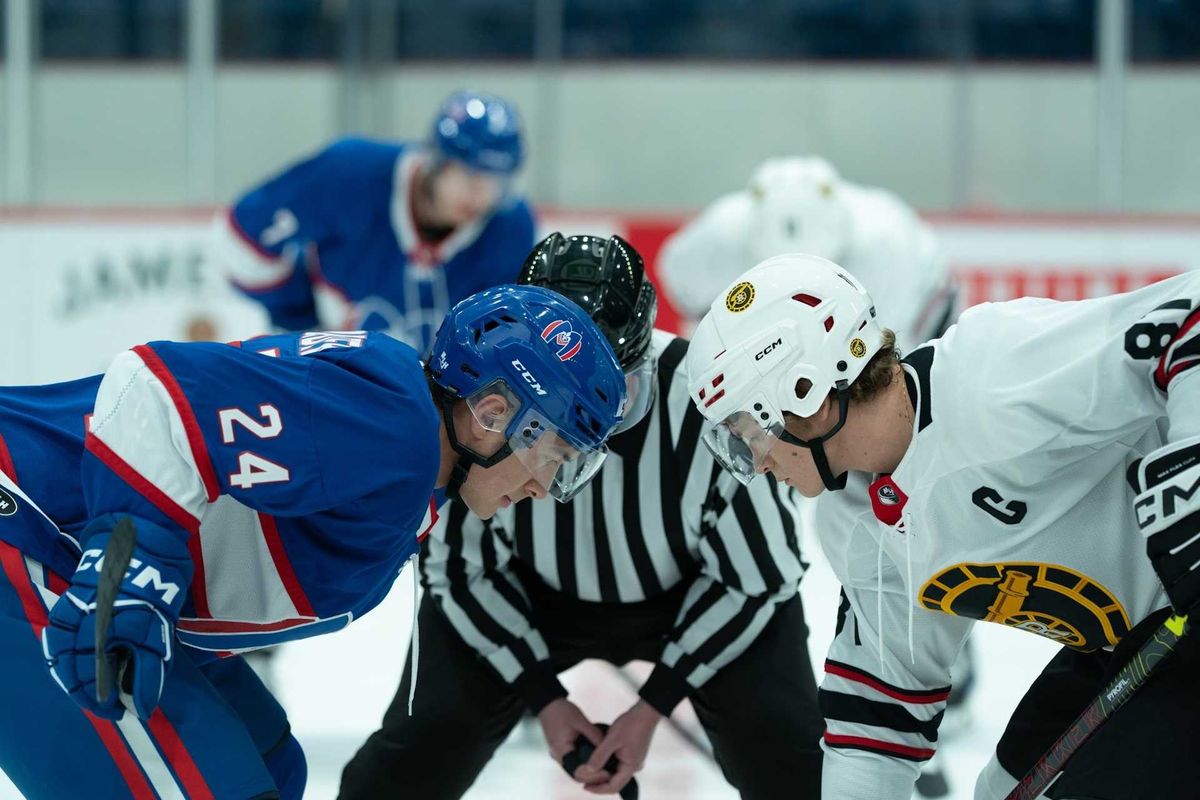
We've all been there, tray of chips nestled neatly in our hands, doused in the finest salt and vinegar, sea air caressing our cheeks and in our peripheral vision a big beaked winged monstrosity eyeballing our snack: a seagull.
Before you know it, you're surrounded, maybe they even swoop in, snatching your hard earned food straight from your hand. Scourge of the British seaside, stealer of sustenance.
A selfless researcher, Madeleine Gourmas at the University of Exeter, bravely sacrificed a bag of chips to figure out what might keep the gulls at bay. The experiment was simple: Gourmas and her colleagues placed a bag of chips on the ground and crouched behind it. When a seagull approached, she set a stopwatch, and then either stared at the gull or looked away.
When they were being stared down, only 26 per cent of gulls touched the chips. Even those that did take some took around 20 seconds longer to. Gourmas believes that this shows that, contrary to popular opinion, seagulls do in fact have shame and are sensitive to the human gaze.
The study, published in Biology Letters, aims to lower the vilification of gulls and prevent “human-wildlife conflict”.
“Even though gulls seem like they do this a lot in some areas, it seems to be a few individuals that are responsible for the majority of food snatching,” says Goumas. Apparently, it could be because seagulls associate our glares with being imminently chased away, so they just cut out the middle man.
And Gourmas’s advice? Eat with your back to a wall and be aware of your surroundings: “I often see people staring at their food or holding ice creams up in the air, and I think that’s just asking for it.” she says.
MORE: A python ate an even bigger python and the pictures are crazy
MORE: This is why you love coffee and beer, according to science












